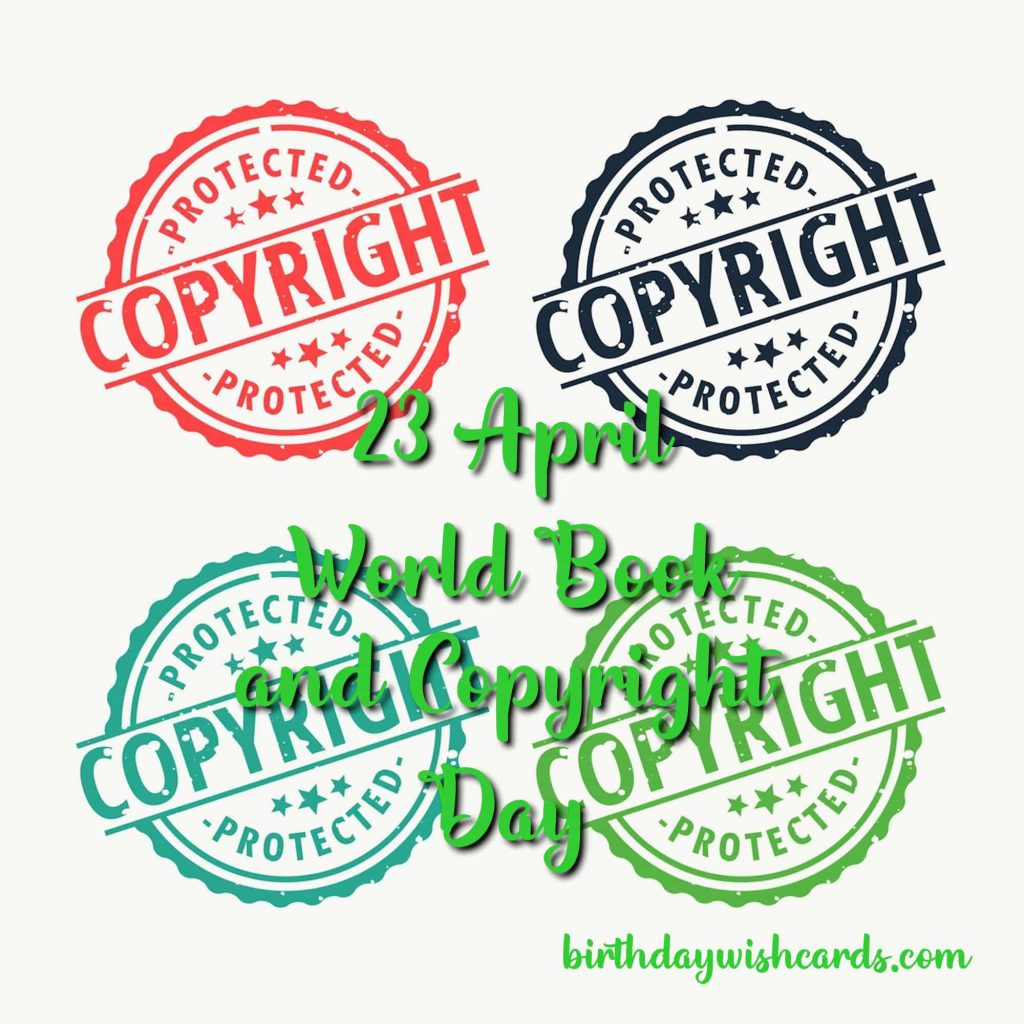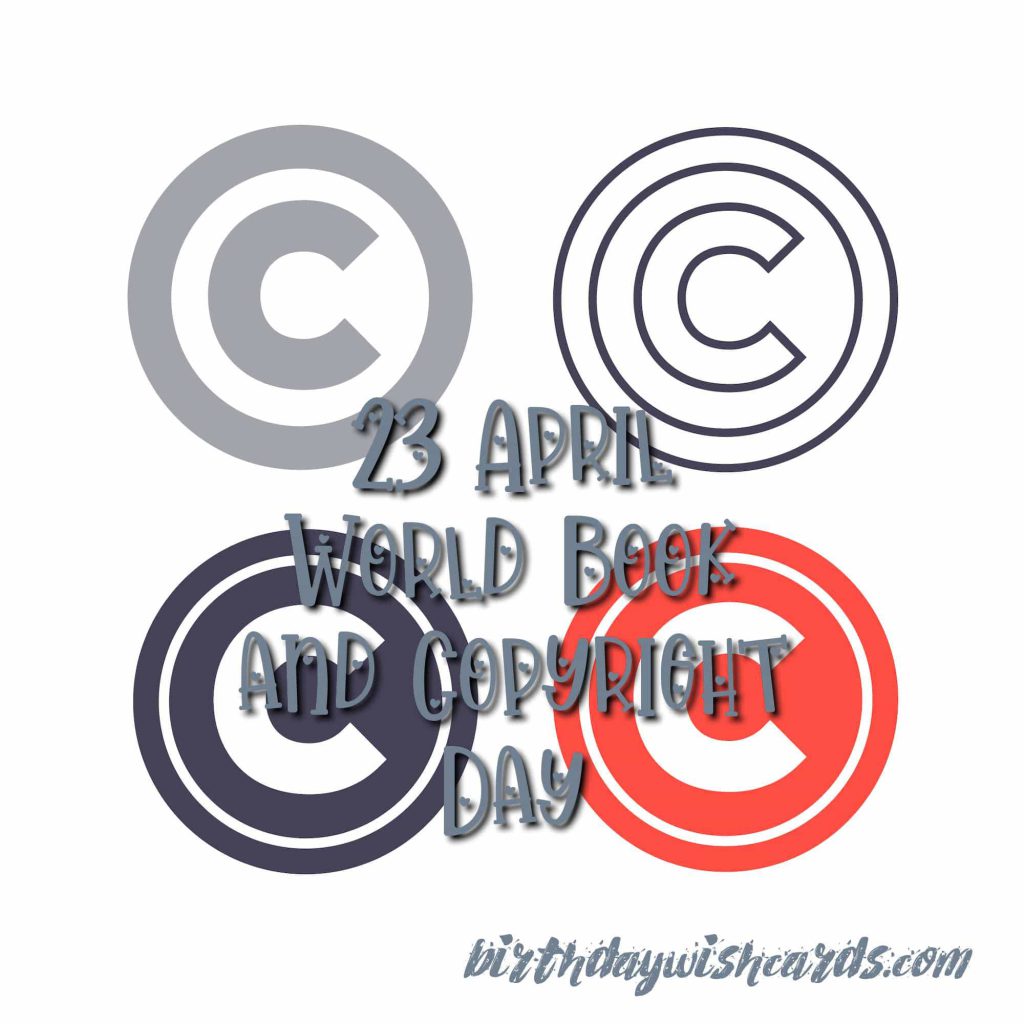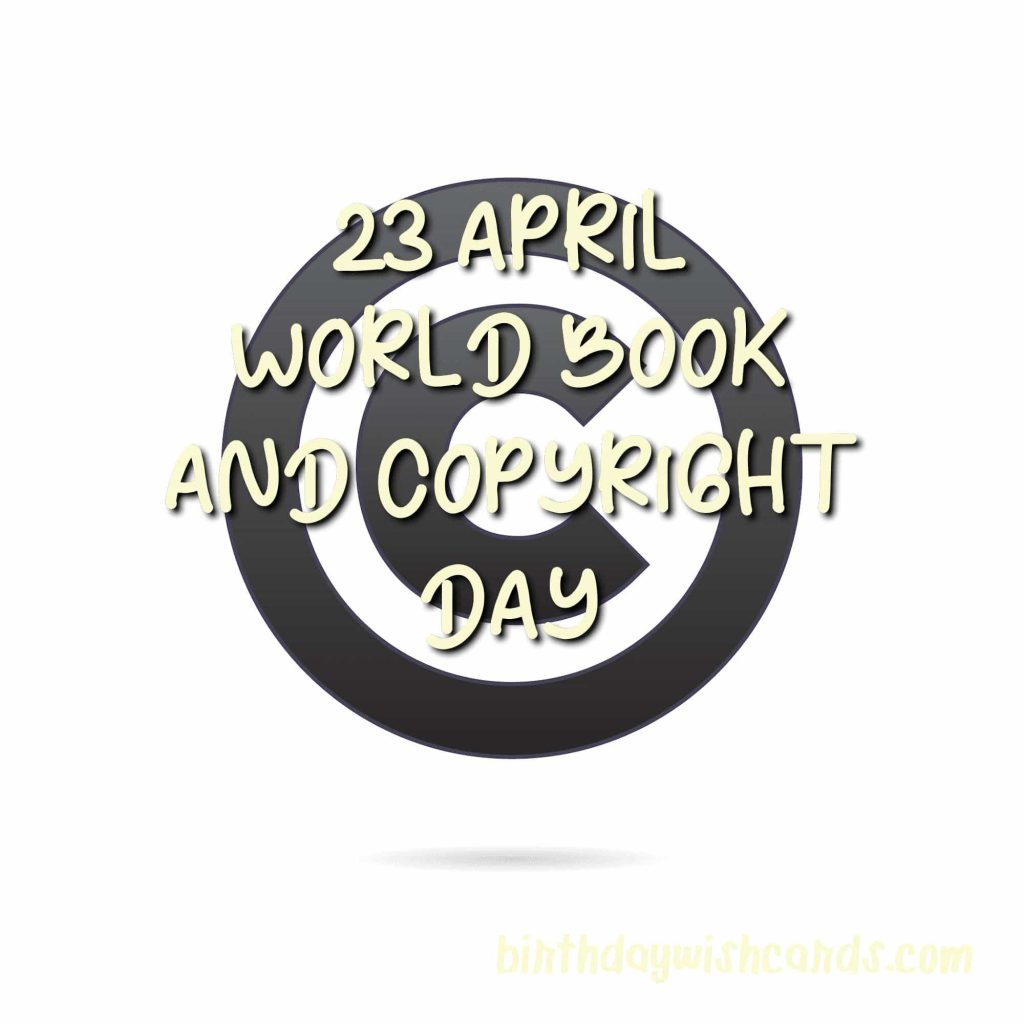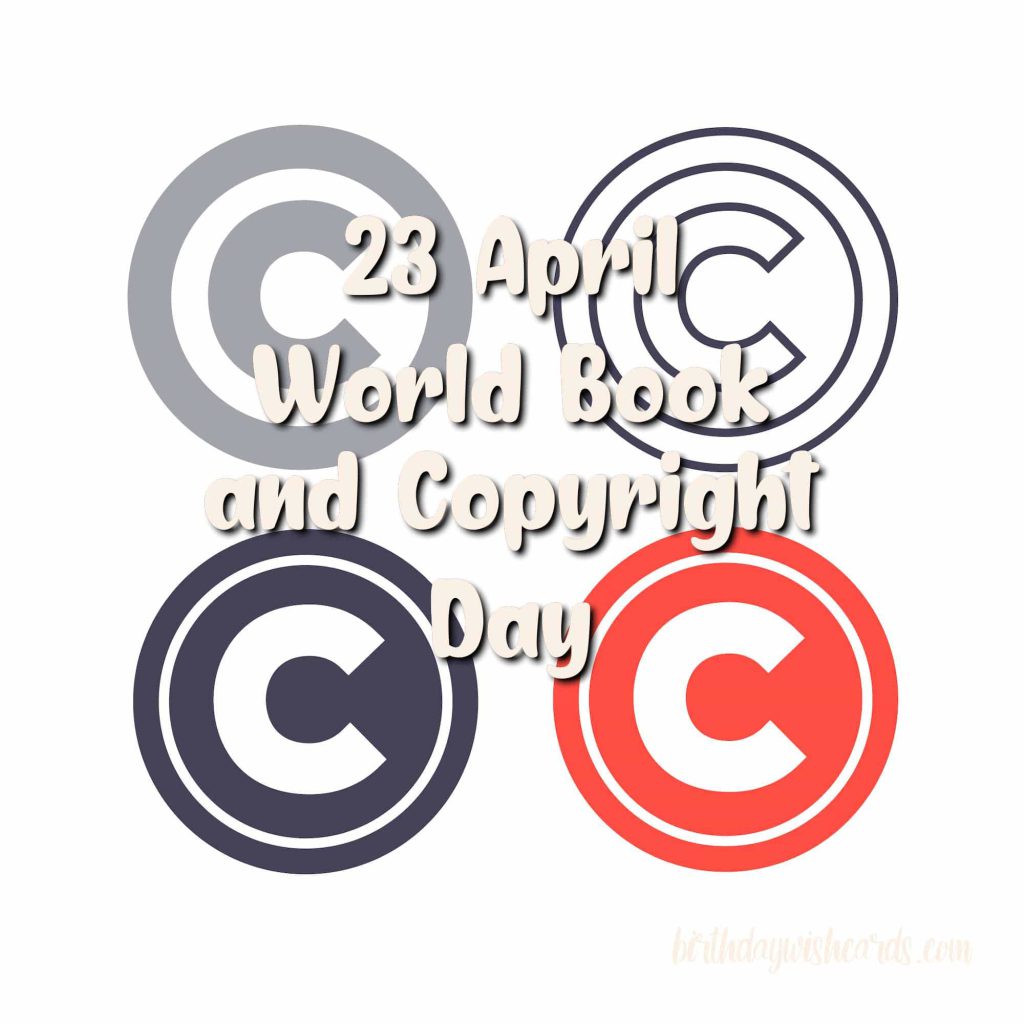23 April: World Book and Copyright Day – Celebrating the Joy of Reading and Copyright
The Purpose of World Book Day and UNESCO’s Role
World Book Day, also known as World Book and Copyright Day, is celebrated globally each year on 23 April. This day is dedicated to promoting the joy and benefits of reading, as well as the importance of publishing and copyright protection. It encourages people of all ages to discover the pleasures of books and acknowledges the invaluable contributions of authors and publishers worldwide.
Established by UNESCO in 1995, World Book Day aims to honor books and authors and inspire young people to develop a lifelong love of reading. UNESCO’s initiative fosters reading habits by collaborating with writers, illustrators, bookstores, and libraries, making literature more accessible and enjoyable for everyone.
World Book Day in the UK and the 2021 Theme
While World Book Day is observed globally on 23 April, the United Kingdom celebrates it on the first Thursday in March. This unique tradition allows schools and families across the UK to participate in book-themed activities and events.
The 2021 theme, “Share a Story”, highlighted the transformative power of storytelling. It encouraged people to share stories with one another, fostering connection, imagination, and empathy through the shared experience of reading.
The First Printed Book: A Glimpse into History
The origins of book printing date back to ancient China during the Tang Dynasty (618–907 CE). The earliest known printed book is the Diamond Sutra, produced in 868 CE. This remarkable artifact is the oldest surviving example of woodblock printing and marks a milestone in the history of publishing and the spread of knowledge.
The invention of printing technology revolutionized the way information was shared, making literature more accessible and preserving valuable texts for future generations.
The Impact of Reading on the Human Mind
Reading has a profound effect on mental health and cognitive abilities. It stimulates imagination, critical thinking, and creativity. Research shows that regular reading can help keep the brain sharp and may delay cognitive decline, including conditions such as Alzheimer’s disease.
Reading aloud to young children is especially beneficial, supporting cognitive development and language skills. Early exposure to books helps children connect with their environment, understand new ideas, and develop empathy. Through stories, children learn to relax, focus, and open their minds to new knowledge. The positive effects of reading extend to adults as well, providing mental stimulation and emotional enrichment throughout life.
Key Benefits of Reading Books
- Enhances Empathy: Books allow readers to experience different perspectives and cultures, fostering understanding and compassion.
- Supports Brain Health: Engaging with complex narratives and vocabulary strengthens neural connections and cognitive function.
- Reduces Stress: Losing yourself in a good book can provide a mental escape, lower stress levels, and promote relaxation.
- Improves Sleep: A calming bedtime reading routine can enhance sleep quality by reducing screen time and soothing the mind.
- Sets a Positive Example for Children: Adults who read regularly inspire children to develop similar habits, supporting their lifelong learning and success.
Gallery: Celebrating World Book and Copyright Day








Conclusion: The Importance of World Book and Copyright Day
World Book and Copyright Day is more than a celebration of books; it is a recognition of literature’s essential role in education, culture, and society. By promoting reading and protecting authors’ rights through copyright, this day helps ensure that creativity and knowledge continue to flourish worldwide.
Whether you are a student, teacher, author, or avid reader, participating in World Book Day activities can enrich your life and deepen your appreciation for the written word. For more information on copyright protection and the publishing industry, visit the World Intellectual Property Organization (WIPO) and explore UNESCO’s educational resources.




